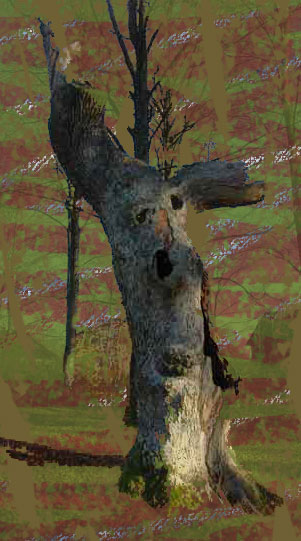 |
A Hymn to Our |
 |
Welcome home, welcome home. |
If you liked this post, you can leave a comment and/or a kudos!
Click the Thumbs Up! button below to leave the author a kudos:
And please, remember to comment, too! Thanks.
TopShelf TG Fiction in the BigCloset!
 |
A Hymn to Our |
 |
Welcome home, welcome home. |
Checks can be made out & sent to:
Joyce Melton
1001 Third St.
Space 80
Calimesa, CA 92320
USA
Note: $6000 is the operating, maintenance and upgrade budget. Amounts received in excess of the $6000 will be applied to long term debt accrued over the last 19 years.
If you prefer, you can donate through Patreon:
Become a Patron!
Thank you!
Comments
Wonderful !!
[email protected] It seems to be written for our returning young people .
Cavrider----Just another " Grunt."
Cultural Difference
I just realized how my Hebrew-poetry education changes the way I look at this poem.
In Hebrew/Israeli literature coming back home isn't always a good thing ( usually its a catastrophic occasion as the characters have to face the reason the lost family member left the house and/or is coming back ) . The concept of the lost son coming back is always fallowed by a feeling that something bad happened in the past.
So the way I look This poem is the first part of coming home. The part where the parents are so happy to see the lost son/daughter that they seem to throw anything out of the way just to make him/her comfortable . The second part ( and usually the hard one) will be to deal with what lead to this Home Coming occasion.
I know I miss interpret this song its just that Hebrew literature treats home coming as something bad ( mostly due to the fact that most Jewish/Hebrew writers left their house out of ideals { they either disagreed with their parents way to force their perception of the Jewish religion or they migrated to Israel in order to settle in it against their family protest }).
It's also worth mentioning that the Hebrew writing seem to take The Parable of the Prodigal Son from the gospel of Luke but shows them from the point of view of the son. It shows a far more balanced perception of the lost son as in the modern hebrew literature he is no sinner despite his family perception
So its just goes to show you how much our cultural differences makes us look at things in a different light.
Lily.
P.S.
There are some creations that I can recommend about this subject , but most require some understanding of the Jewish/Hebrew society of the late 19th century or early till mid 20th century (Hayyim Nahman Bialik wrote several great ones on his own experience ).The best example of it is From the Songs of the Lost Son by Lea Goldberg ( which is quite global and you don't really need the Hebrew culture knowledge mentioned above to understand it.
Bittersweet homecomings
That's there, too. "lost and betrayed by our hopes." It's not always the best thing to return home but there will always be a sweetness.
I'm now living in my parents' last home because I inherited it. It's the definition of a bittersweet homecoming.
Hugs,
Erin
= Give everyone the benefit of the doubt because certainty is a fragile thing that can be shattered by one overlooked fact.
= Give everyone the benefit of the doubt because certainty is a fragile thing that can be shattered by one overlooked fact.
Yeah homecomming is mostly good
But its just that for me the concept of a poem on homecoming will always be link to the pain of pain the prodigal child . You see I was raised on songs of those prodigal children that were away from their "home" cause they found their true in another place.Some of them were out casted due to doing what they thought was right . I was always amazed by how close the experience of some of those who left the Hassidic society or those of the second Alliya settlers is close to those of some GLBT people.
I know its got nothing to do with this poem but it amaze me how much my upbringing effects the way I prescribe things . I for example prescribe 1984 in different way then Americans do ( A lot of my American friends were taught of it as being an anti communistic novel with some criticism about the liberal-democratic system. I on the other hand had always seen it {and later was taught of it } as a criticism about human political system and the faux ideas that stand behind it and the hypocrisy of those who rule it )
Lily.
Perspectives
I'm really surprised by Lily's perspective. I never would've thought of it if I didn't read her comment.
Now that I think about it, I wonder why you chose the image you did for the verse. After reading Lily's comments, the image reminds me of a soldier who's come home with amputated limbs. I even see the stock of a gun.
I'm glad I read this and all the comments. It's good to see things from different perspectives.
Thanks.
- Terry